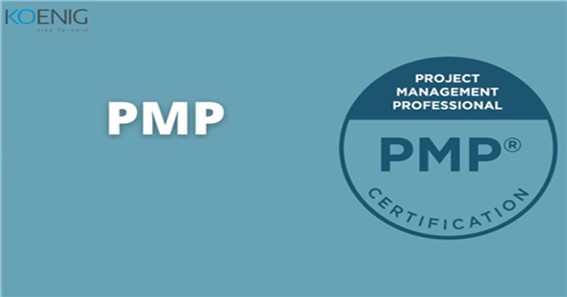Introduction
Congratulations on taking the first step toward enhancing your project management career by pursuing the Project Management Professional (PMP) certification! The PMP certification is globally recognized and highly sought after by employers, making it a valuable credential for project managers. However, obtaining the pmp certification prerequisites requires thoughtful preparation and dedication. In this guest post, we will discuss the essential steps you should take before pursuing the PMP certification to maximize your chances of success.
1. Understand the PMP Certification
Before diving into the preparation process, it’s crucial to have a clear understanding of what the PMP certification entails. Familiarize yourself with the eligibility requirements, exam format, and content outline provided by the Project Management Institute (PMI). Ensure that you meet the necessary criteria and are committed to dedicating time and effort to prepare for the exam.
2. Fulfill the Eligibility Requirements
To apply for the PMP exam, you need a combination of education and project management experience. Generally, a four-year degree requires at least three years of project management experience (with 4,500 hours leading and directing projects) or, if you hold a secondary degree (high school diploma, associate’s degree, or global equivalent), you’ll need five years of project management experience (with 7,500 hours leading and directing projects). Additionally, you must have completed 35 hours of project management education, which can be fulfilled through formal training programs or online courses.visit this site
3. Choose the Right Study Materials
Selecting the right study materials is crucial to your success. PMI offers official study resources, including the “PMBOK® Guide” (Project Management Body of Knowledge), which is the primary reference for the exam. Additionally, there are numerous PMP exam prep books, online courses, and practice exams available that can complement your study plan. Evaluate different resources and choose ones that align with your learning style and preferences.
4. Create a Study Plan
To manage your preparation effectively, create a well-structured study plan. Outline specific topics you need to cover and allocate sufficient time for each. Set realistic study goals and milestones to track your progress. A disciplined and consistent approach to studying will help you cover all the material thoroughly and reduce last-minute cramming.
5. Join a Study Group or Forum
Engaging with a study group or an online forum dedicated to PMP exam preparation can be highly beneficial. Interacting with other aspiring PMP candidates allows you to share knowledge, exchange study tips, and gain valuable insights from those who have successfully cleared the exam. It also provides motivation and support throughout your journey.
6. Take Practice Exams
Practice exams are invaluable tools to assess your knowledge and readiness for the actual PMP exam. They simulate the exam environment and help you familiarize yourself with the question format and time constraints. Analyze your performance in practice exams to identify weak areas and focus your efforts on improving them.
7. Review and Revise
As you near your exam date, intensify your revision efforts. Go through the topics systematically, paying particular attention to areas where you struggled in practice exams. Create flashcards or notes to reinforce your understanding. Make sure to review key concepts from the PMBOK® Guide and understand the ITTOs (Inputs, Tools, Techniques, and Outputs) thoroughly.
8. Take Care of Yourself
Lastly, don’t neglect your physical and mental well-being during your preparation. Ensure you get enough rest, exercise, and maintain a healthy diet. Avoid last-minute cramming and instead, focus on being well-prepared and confident for the exam day.
Conclusion
Pursuing the PMP certification is a challenging yet rewarding endeavor that can significantly advance your project management career. By understanding the certification process, fulfilling the eligibility requirements, selecting the right study materials, creating a study plan, joining study groups, taking practice exams, and dedicating time for revision, you can increase your chances of success. Remember to stay committed, stay focused, and stay positive throughout your preparation journey. Best of luck on your path to becoming a certified Project Management Professional!

